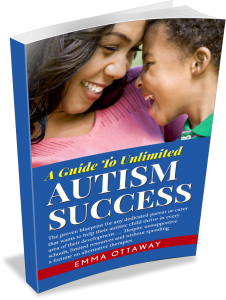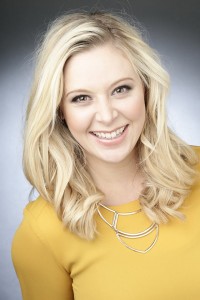It is very easy to get swept away by our busy schedules and the everyday roller-coaster of life, so that when we talk to our children we forget to gain contact with them before we start to communicate.
And what’s more, we expect them to take on board what we’re saying!
It is essential that we, as parents/ carers or teachers make an effort to get the attention of our ASD children before initiating any kind of conversation. Autistic children often have weaker social referencing abilities than typically functioning children, which means if we just talk “at them” we are potentially overwhelming them and making the experience something highly uncomfortable…
And, like the old saying goes…
“It will go in one ear and out the other!”
Always ensure that when beginning a conversation with your ASD child you are at their eye level. This is crucial, even if your child doesn’t give you eye contact straight away. Sitting or squatting next to them will make the world of difference compared to shouting something to them from the other side of the room for example.
Once you’re next to them and at their eye level you now need to let the child know that you are about to communicate with them and this commands their attention. This sounds harder than it is, a simple tap on the shoulder or touch to their chin (if tolerated) could be all they need. If this doesn’t work try a verbal prompt, for example “listening Freddie” or “Freddie watch”. Some ASD children may need to hear their name to realise the words they can hear are being directed specifically at them.
Also make sure that any hand gestures you use are appropriate, this might sound like a weird thing to say but hear me out. If a child is used to Makaton at school and at home you speak with your hands, waving them around with no real reason why (or the other way around) this can be highly confusing for your ASD child.
Give these tips a try and I look forward to hearing how you get on!
Speak with you soon, until then
Live every moment, Love beyond words and make a difference today!
Emma Ottaway
The Autism Support Specialist


